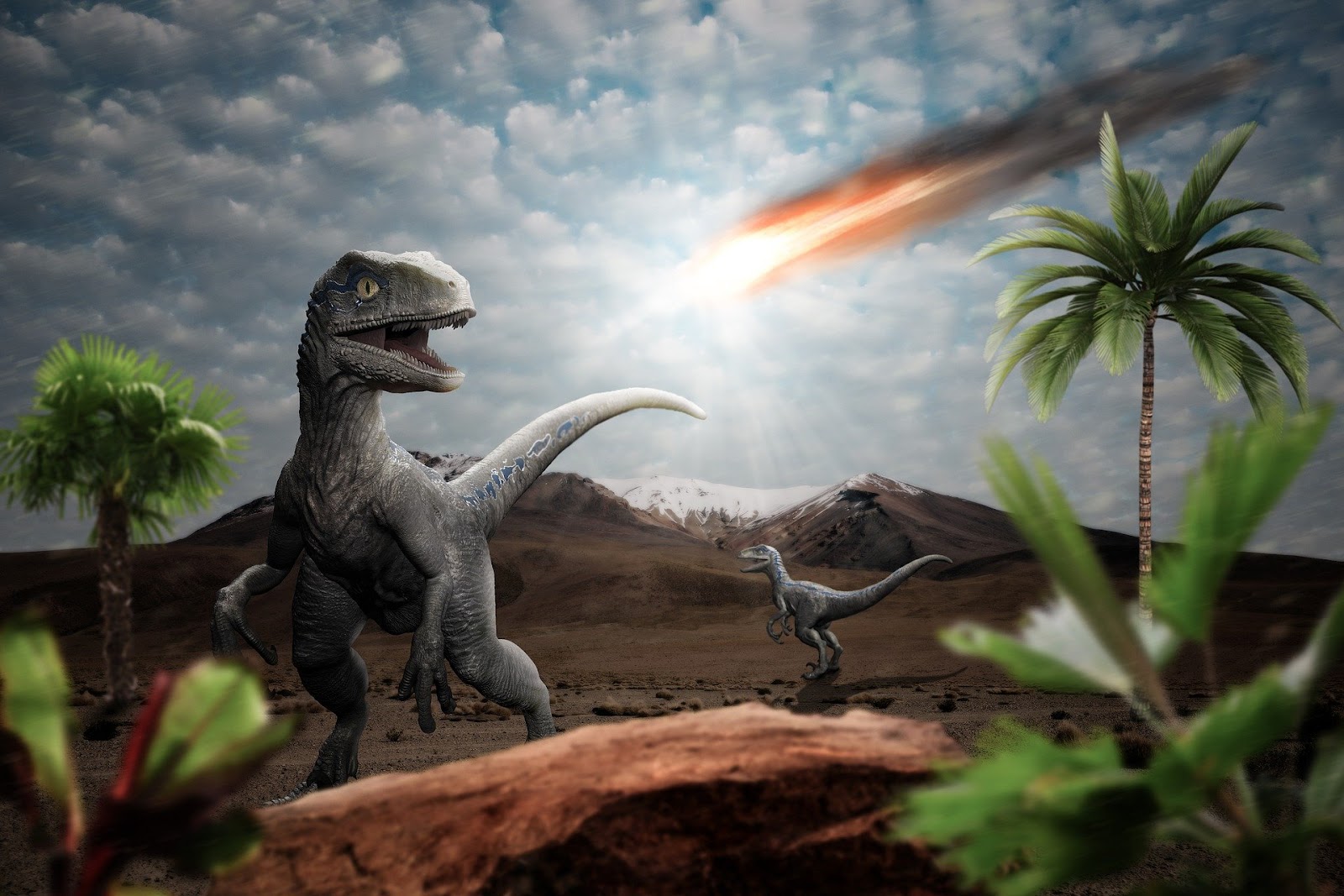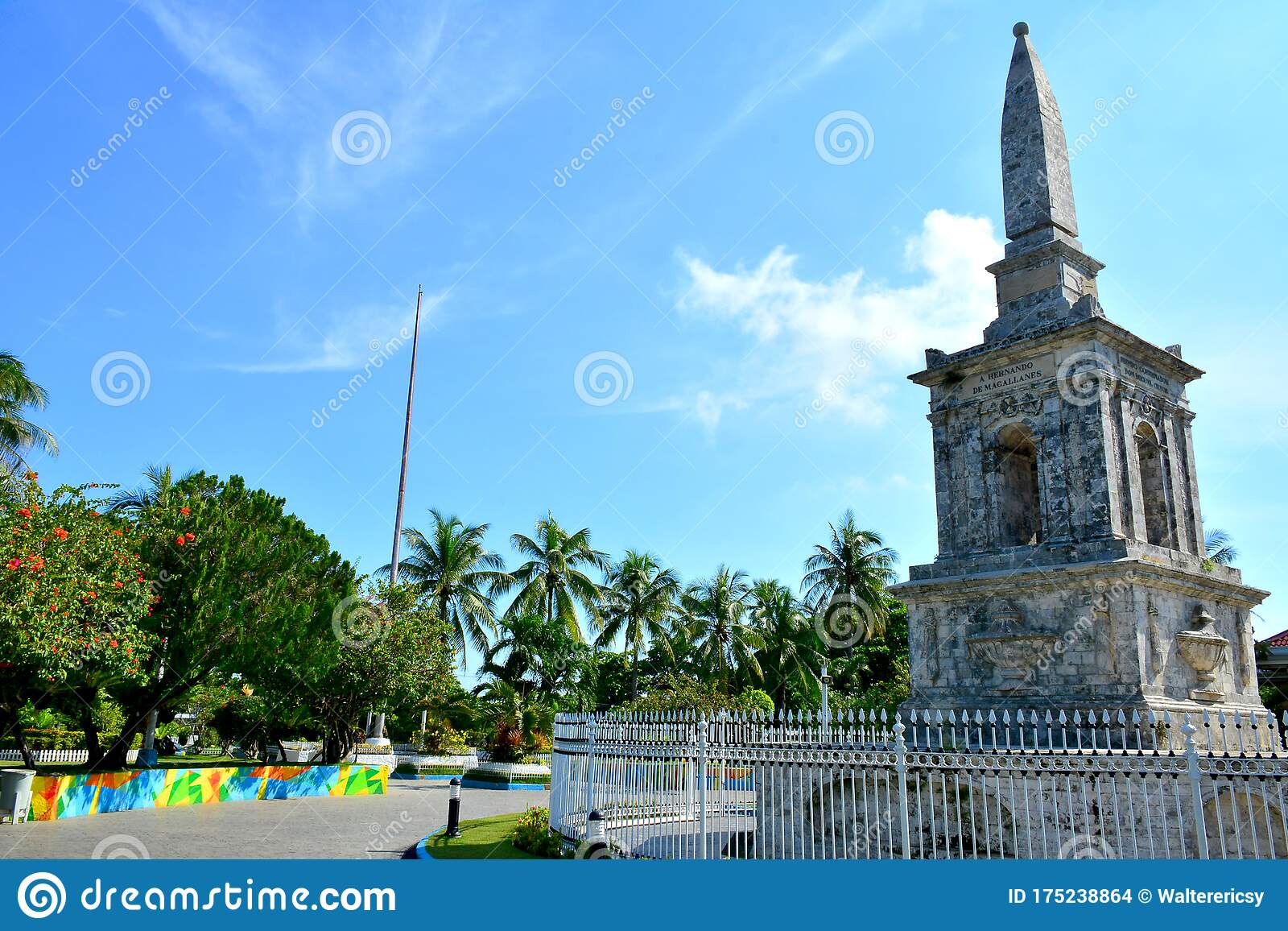what were the effects of the cuban missile crisis quizlet
What were the effects of the Cuban Missile Crisis?
The immediate effects were that missiles were withdrawn from Cuba, and the United States secretly agreed to withdraw its missiles from Turkey. By June 1963 the first telephone “hotline” was installed for the leaders of the superpowers to directly communicate.
What was the effect of the Cuban Missile Crisis quizlet?
Historians agree that the Cuban Missile Crisis helped to thaw Cold War relations between the USA and the USSR. Both leaders had seen how their game of brinkmanship had nearly ended in nuclear war. Now they were more prepared to take steps to reduce the risk of nuclear war.
What was the effect of the Cuban Missile Crisis in the United States?
The Cuban missile crisis stands as a singular event during the Cold War and strengthened Kennedy’s image domestically and internationally. It also may have helped mitigate negative world opinion regarding the failed Bay of Pigs invasion. Two other important results of the crisis came in unique forms.
What are some causes and effects of the Cuban Missile Crisis?
The overall cause of the Cuban Missile Crisis was the Cold War conflict between the United States and the Soviet Union. The main effect of this crisis was to scare both sides into being more cautious.
What was the result of Cuban Missile Crisis Class 12?
Cuban Missile Crisis made whole world nervous by creating clashes between the two superpowers, the US and Soviet Union namely Cold War. 2. Cold War referred to competitions, tensions and series of confrontations between the US and USSR.
What was the result of the Cuban Missile Crisis Weegy?
Weegy: The United States and the Soviets both agreed to remove some nuclear weapons from sensitive positions, was the result of the Cuban Missile Crisis.
What impact did the Cuban Missile Crisis have on US Soviet relations?
The Cuban Missile Crisis affected relations between the United States and the Soviet Union in that the nations took steps to prevent a similar crisis in the future. It led to better communication between the leaders of the two countries. The US and the USSR also decided to reduce their nuclear programs.
How did the Cuban Missile Crisis affect the Cold War?
In October 1962, the Soviet provision of ballistic missiles to Cuba led to the most dangerous Cold War confrontation between the United States and the Soviet Union and brought the world to the brink of nuclear war. … Kennedy and Soviet Premier Nikita Khrushchev negotiated a peaceful outcome to the crisis.
What were the 3 main causes of the Cuban Missile Crisis?
Causes of the Cuban Missile Crisis 1962- Communist revolution 1959.
- Castro support for communism.
- Bay of Pigs Disaster 1961.
- Castro support from USSR.
What if the Cuban Missile Crisis escalated?
With tactical nuclear weapons on the island, America would have actually lost nearly all of the 180,000 troops in the invasion as well as all the Marines still on Guantanamo Bay. Luckily, the family members had already been evacuated. At this point, both sides would be forced into full nuclear war.What was the reaction of US to the placing of missiles in Cuba by USSR class 12?
In a TV address on October 22, 1962, President John Kennedy (1917-63) notified Americans about the presence of the missiles, explained his decision to enact a naval blockade around Cuba and made it clear the U.S. was prepared to use military force if necessary to neutralize this perceived threat to national security.
What was the result of US intervention in Vietnam Class 12?
The US entered the Vietnamwar because it was worried about communists gaining power in the conflict between the North Vietnam and the South Vietnam. (ii) US intervention led to great loss of lives. Ultimately, the US failed to achieve its objectives and a peace agreement was signed.
How did the Cuban Missile Crisis end?
Soviet Premier Nikita Khrushchev orders withdrawal of missiles from Cuba, ending the Cuban Missile Crisis. In 1960, Khrushchev had launched plans to install medium and intermediate range ballistic missiles in Cuba that would put the eastern United States within range of nuclear attack.
How did the Cuban Missile Crisis End quizlet?
How did it end? The Cuban Missile Crisis ended with a “deal”. Khrushchev, on October 26, sent a letter to Kennedy in which he stated that he would remove missiles from Cuba if the US would no attack Cuba. … -Nuclear missiles were removed from Cuba.
Why was the Cuban Missile Crisis significant?
Significance. The Cuban missile crisis was arguably the ‘hottest’ point of the Cold War. It was the closest the world has come to war between the US and USSR, nuclear war and annihilation. … Soviet officers in Cuba were equipped with about 100 tactical nuclear weapons, as well as the authority to use them if attacked. See also what is the difference between an atom and a elementWhat was the Cuban Missile Crisis quizlet?
A period in 1962 in which the Soviet Union had placed nuclear missiles in Cuba to annoy and scare the United States.
How did the Cuban Missile Crisis affect the economy?
The American economy grew as a result of the Cuban Missile Crisis. The crisis demonstrated that the United States needed to have the best delivery systems for its nuclear weapons and needed to be able to use these weapons in order to deter Soviet aggression.
How did the Cuban Missile Crisis increase tensions?
Tension increased when a U2 plane was shot down by a Russian missile and the pilot killed. … In a public message to President Kennedy broadcast on Moscow radio, Khrushchev agrees to the removal of all missiles on Cuba and their return to the Soviet Union.
Who benefited from the Cuban Missile Crisis?
The United States had a decided advantage over the Soviet Union in the period leading up to the Cuban Missile Crisis. The Americans had a greater nuclear power with more than 300 land based intercontinental ballistic missiles (ICBMs) and a fleet of Polaris submarines.
What were the causes of the Cuban Missile Crisis quizlet?
What caused the crisis? Fidel Castro was a communist, so the fact that he had become the leader of Cuba scared the USA because it was on their doorstep. The Bay of Pigs invasion scared Castro and he turned to the USSR for help.
What caused missile crisis?
In October 1962, an American U-2 spy plane secretly photographed nuclear missile sites being built by the Soviet Union on the island of Cuba. President Kennedy did not want the Soviet Union and Cuba to know that he had discovered the missiles. He met in secret with his advisors for several days to discuss the problem.
Was the Cuban Missile Crisis serious?
Sherwin. The Cuban Missile War was the most devastating war in world history. The estimated number of North American deaths was upwards of 200 million.What would happen if the Cold War didn’t happen?
Basically if there was no “Cold War” Europe would have fallen to the Soviet Union and World War 3 would have started. Any “Cold War” is better than a “Hot War” look at Iraq and Afghanistan those wars have lasted over 15 years and still going.
Are there still nuclear weapons in Cuba?
When the USSR began constructing ballistic missile sites in Cuba in the early 1960s, Cuba became the location of the most heated confrontation of the Cold War between the US and USSR. Since then, Cuba has not been known to possess a nuclear, biological, or chemical weapons program.
Was the Cuban missile crisis a success for containment?
The Cuban missile crisis was a success for containment because America managed to get the nuclear missiles off of Cuba. This is a success because the USA got the USSR to take the nuclear weapons off of Cuba and secretly took their missiles off of Turkey.How did the Cuban missile crisis impact the views of Kennedy’s administration?
How did the Cuban missile crisis affect public opinion about President Kennedy? The resolution of the crisis boosted Kennedy’s status because Kennedy had forced the Soviets to yield to U.S. pressure. … United States wanted to overthrow Fidel Castro because Cuba aligned itself with the Soviet Union.
What were the lasting effects of the Vietnam War?
More than two decades of violent conflict had inflicted a devastating toll on Vietnam’s population: After years of warfare, an estimated 2 million Vietnamese were killed, while 3 million were wounded and another 12 million became refugees.
How did the Vietnam War affect Vietnam?
The war had a major impact on both South and North Vietnam. … The most immediate effect of the Vietnam War was the staggering death toll. The war killed an estimated 2 million Vietnamese civilians, 1.1 million North Vietnamese troops and 200,000 South Vietnamese troops.
What was the outcome of the Vietnam War?
The final outcome of the Vietnam War was that North and South Vietnam were united under the Communist North in 1975 despite the best efforts of American servicemen who left the area following the Treaty of Paris in 1973.
Why did the Cuban Missile Crisis not result in war?
Most historians agree that it was precisely because the consequences would have been so terrible, that a nuclear war was avoided. Both sides knew that they had nothing to gain from a missile exchange. They both had time to think about the terrible results of making the wrong move.
What event resulted in the greatest threat of nuclear war?
The correct answer among all the other choice is D. U.S.naval blockade of Cuba. This event resulted in the greatest threat of nuclear war.
What did the world learn from the Cuban missile crisis quizlet?
Khrushchev accepted Kennedy’s demand to remove Soviet missiles from Cuba. What did the world learn from the Cuban missile crisis? … formed an alliance with the Soviet Union.
Why did the Soviets put missiles in Cuba quizlet?
-The Soviet Union put the missiles in Cuba to prevent a Nuclear War. -The Soviet Union used checkered shirts to sneak thousands of troops to Cuba. -Missiles were sent to Cuba to increase the strike efficiency and quality.





